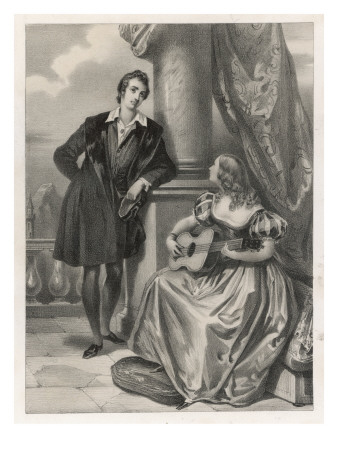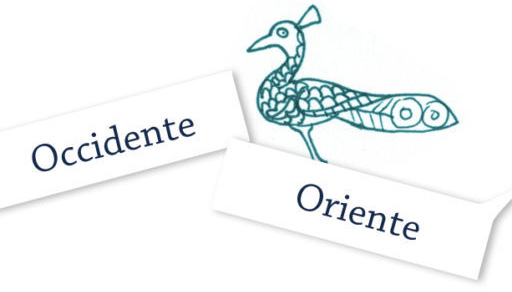
Don’t be surprised if walking along the city of Ravenna you find many references to the English Romantic Poet; the Hotel Byron, The Cafè Byron and San Francesco square, once Piazza Byron; here you can read a memorial plaque dedicated to the poet. Byron spent three years in this city from June 1819 to October1821: the reason why he moved here was simply love. A restless and free thinker, Byron began his long affair with Countess Teresa Gamba Guiccioli for whom he felt a strong physical and spiritual attraction, which he defined “my last attachment”. When he first arrived in Ravenna, he stayed in the Hotel Imperiale which rose where the modern Biblioteca Alfredo Oriani is, just a few metres from Dante’s tomb.
What did Byron like in our city, apart from the young attractive countess? From his letters and his journal we understand that he spent his time riding in the Pineta di Classe and in the Pineta San Vitale. He also liked writing poetry. Here in Ravenna he wrote a lot: Mazeppa, Cain, Marino Faliero, I due foscari, Sardanapalus, he also started his masterpiece Don Juan and wrote the short poem “The Prophecy to Dante” dedicated to the great Italian poet he deeply admired. Dante and Byron shared a common destiny; the experience of exile. A rebel, an outsider, a romantic, a freedom fighter. It was thanks to Pietro Gamba, Teresa’s brother, that Byron joined the local Carbonari and turned Palazzo Guiccioli, where he lived, into an arsenal. In November 1821 Byron, Teresa and Pietro fled to Pisa and then to Livorno; in 1823 the Lord left Italy to join the Greek war where he died.
Some mementos from the love story between the poet and the countess are preserved in the Classense Library, such as portraits, locks of hair and, above all, 143 letters that the poet wrote to her in a passionate and intimate Italian language. Palazzo Gamba is a private establishment, while Palazzo Guiccioli is under restoration and will be open to the public within the year.
Byron liked this small provincial town that was deeply impressed when he arrived in his black luxurious carriage full of animals. After nearly two hundred years the memory of the poet is still alive, in every corner of the town.[:]
